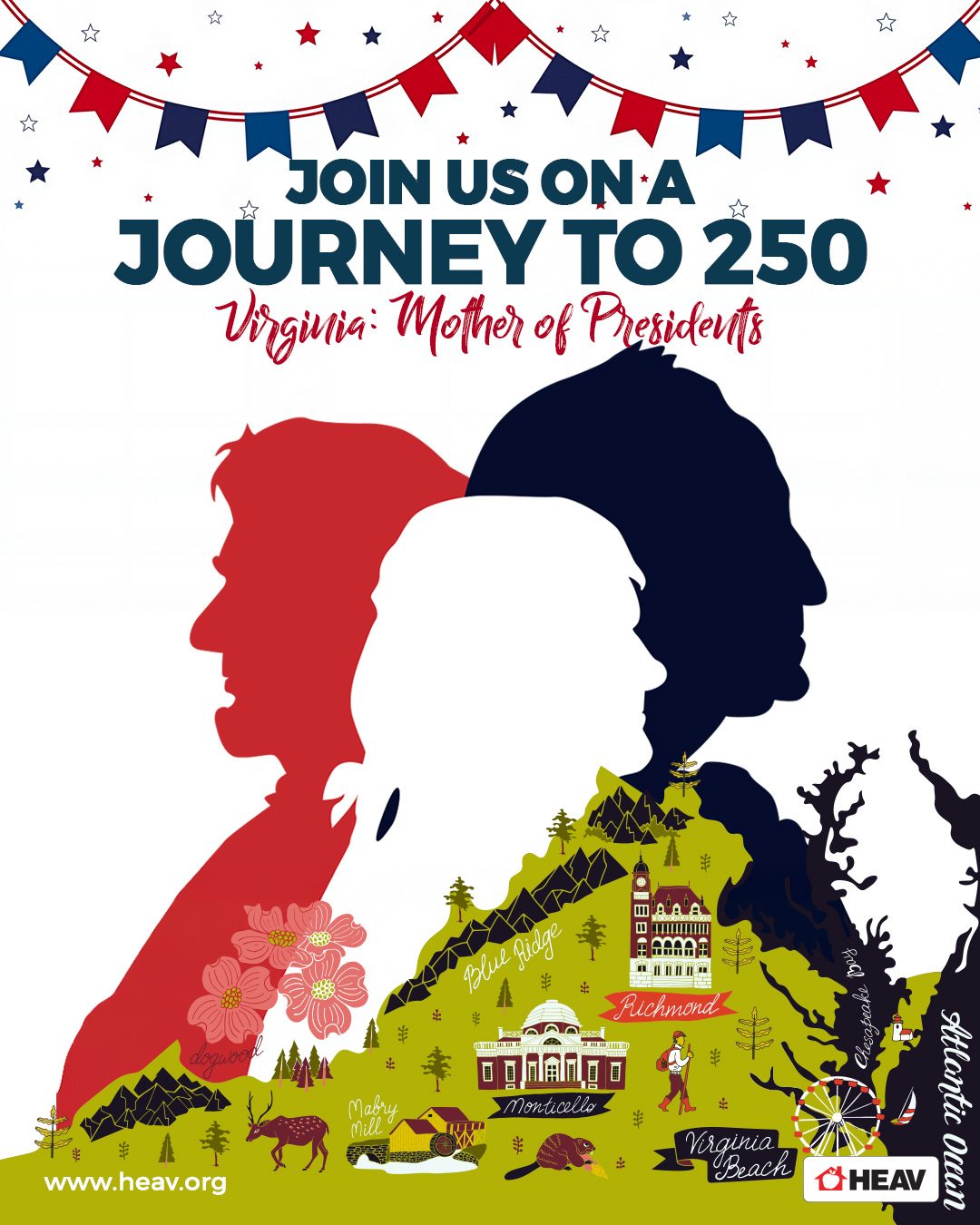History of Newspapers & Journalism
Perhaps now more than ever, teaching your children the history of newspapers and the importance of honest journalism, how to conduct online research, how to spot opinion or fake news articles, and how to effectively make their voices heard are among the most important things to teach them.
There are a variety of ways to approach the subject, depending on the ages of your students. Younger students may benefit more from laying a foundation by learning the history of journalism and newspapers, how news articles are structured, and searching your local paper for news items that may be of interest to them.
Older students can learn how to research both facts for their own writing and to help differentiate between real and fake news stories. Check out this Homeschool Living for resources for teaching journalism and the history of newspapers.
History of Newspapers
This history of the printed newspaper follows the subject from ancient news media through the history of newspapers in American over the past century and into the future of digital news outlets. You’ll also find a plethora of additional resources to explore early newspapers, the printing press, and advancements in newspaper printing.
If you’d like to dig a little deeper into the revolutionary invention that launched the printed word into the hands of the masses, check out this hands-on-history unit study featuring the printing press.
This handy PDF outlines the format of a newspaper article in a simple, easy-to-follow manner. Use it to help students identify the parts of news articles they find, or to try their hand at writing their own news articles about events in their home, social circle, and community.
While everyone needs to be able to tell the difference between opinion and fact, learning to effectively form your own opinion piece can actually help in identifying others. This blog post from What I Have Learned shares seven ways to introduce opinion writing to elementary students.
These tips from Freedom Forum Institute will help you and your students learn how to check sources, evaluate both the writing and content in online articles, and how to utilize media literacy sites to fact-check.
Teaching online research skills is crucial in this day and age. Whether your students are conducting research for their own interests or for assigned lessons, knowing how and where to find the most reliable resources will help prevent potential confusion and error. Check out these ten strategic tips for teaching online research skills.
All the research and well-organized and formulated opinions in the world will not help inform anyone if they are never written. This chapter from Community Tool Box shares when, why, and how to write a letter to the editor. Consider encouraging older students to write their own letters to your local newspaper’s editor.








